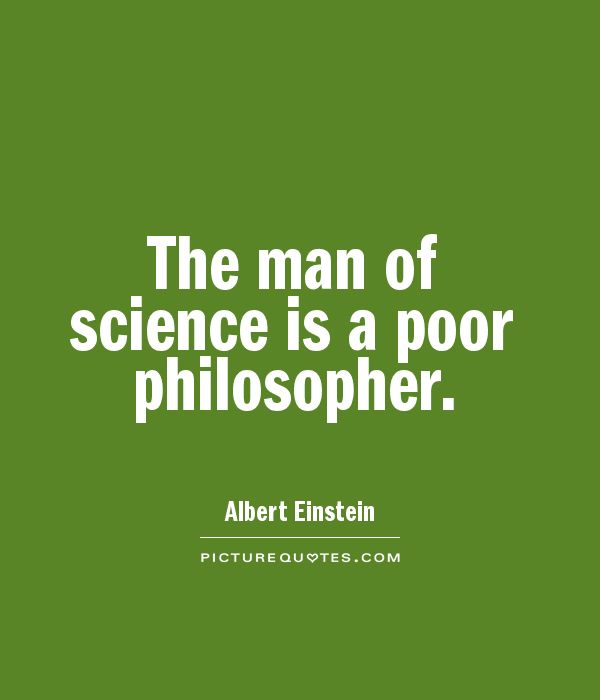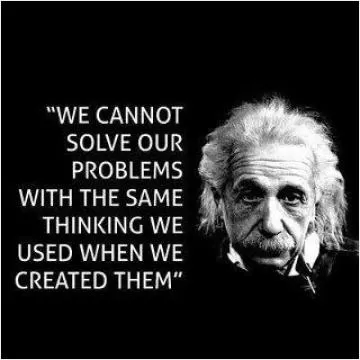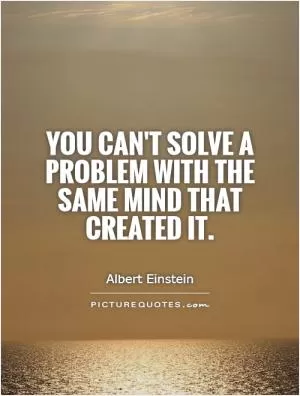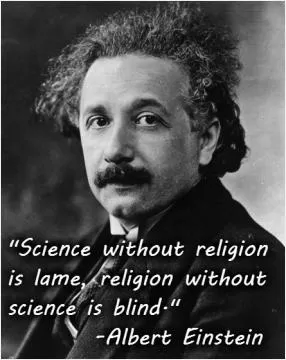The man of science is a poor philosopher

The man of science is a poor philosopher
The statement "The man of science is a poor philosopher" is a contentious one that has sparked debate among scholars and thinkers for centuries. On one hand, it can be argued that scientists, with their focus on empirical evidence and experimentation, may lack the deep philosophical insight and contemplation that is characteristic of traditional philosophers. However, on the other hand, it can also be argued that the scientific method itself is a form of philosophy, as it involves the systematic study of the natural world and the search for knowledge and understanding.One of the main criticisms of scientists as philosophers is that they often focus on practical, tangible results rather than abstract, theoretical concepts. Scientists are trained to observe, experiment, and draw conclusions based on evidence, while philosophers are more concerned with asking fundamental questions about the nature of reality, knowledge, and existence. This difference in approach can lead to a perceived lack of depth and complexity in the philosophical musings of scientists.
Furthermore, scientists are often criticized for their reliance on reductionism and materialism, which can limit their ability to engage with more abstract and metaphysical questions. While science has made tremendous advancements in understanding the physical world, it may struggle to address questions about consciousness, morality, and the nature of reality that have been central to philosophical inquiry for centuries.
However, it is important to note that many scientists do engage with philosophical questions and ideas in their work. For example, physicists may grapple with the implications of quantum mechanics for our understanding of reality, while biologists may consider the ethical implications of genetic engineering. In this sense, the boundaries between science and philosophy are not always clear-cut, and there is often overlap between the two disciplines.












 Friendship Quotes
Friendship Quotes Love Quotes
Love Quotes Life Quotes
Life Quotes Funny Quotes
Funny Quotes Motivational Quotes
Motivational Quotes Inspirational Quotes
Inspirational Quotes